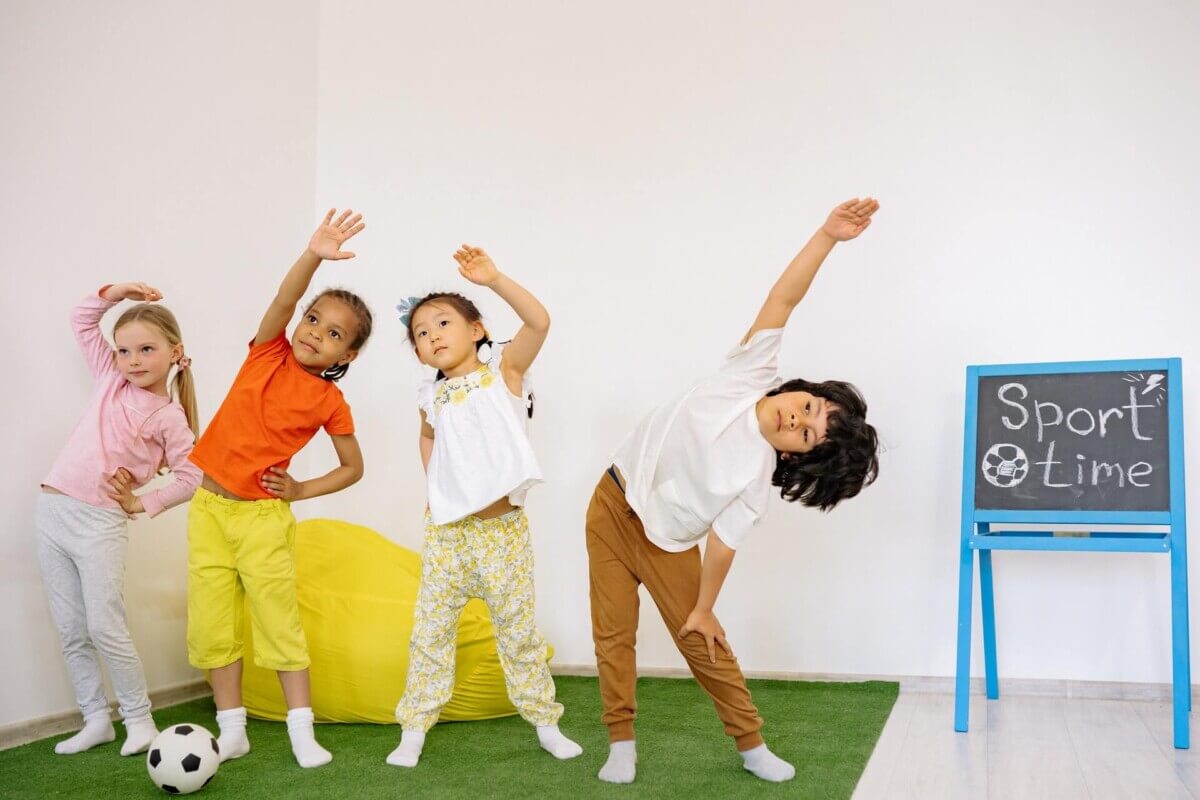
(Photo by Yan Krukov from Pexels)
NEWARK, Del. — Exercise has an undeniable connection to building better bodies. Now, researchers from the University of Delaware find a proper fitness regimen can also help kids expand their minds. The team says exercise appears to help boost a child's vocabulary skills.
A group of children between the ages of six and 12 were taught some new words before moving on to one of three activities. Some children went on to take a swim, while others performed CrossFit exercises, and the third group filled out a coloring booklet. Notably, kids assigned to the swimming group performed 13 percent better on follow-up vocabulary tests than the other two groups.
“Motor movement helps in encoding new words,” says lead researcher Maddy Pruitt in a university release.
According to researchers, exercise increases levels of brain-derived neurotrophic factor, a protein described by Pruitt as the “Miracle-Gro of the brain.”
You may be wondering why CrossFit didn't result in the same learning benefits. Study authors theorize swimming is more beneficial for learning because it's more of an automatic exercise requiring less mental energy. The kids could go swim and not really think about it, whereas CrossFit demands much closer attention to detail. Not to mention the fact that children had to be taught how to perform the CrossFit moves. In this experiment, everyone in the pool group already knew how to swim.
A recent graduate, Pruitt performed this study as part of her Master’s Capstone Project. Today, she puts her work to use working as a speech language pathologist at an elementary school.
“My sessions are very rarely at a table,” she says. “I’ll take my kids out to the playground or we’ll take a walk around the school.”
Meanwhile, study co-author Giovanna Morini, an assistant professor in the Department of Communication Sciences and Disorders, is continuing to research this topic. In Prof. Morini's opinion, the vast majority of research on exercise focuses on its physical benefits while neglecting how it may influence language acquisition. Right now, another student in her lab is conducting similar research with toddlers.
“We were so excited about this study because it applies to clinicians, caregivers and educators who can put it into practice,” Prof. Morini concludes. “It’s simple stuff, nothing out of the ordinary. But it could really help boost the outcomes.”
The study appears in the Journal of Speech Language and Hearing Research.










